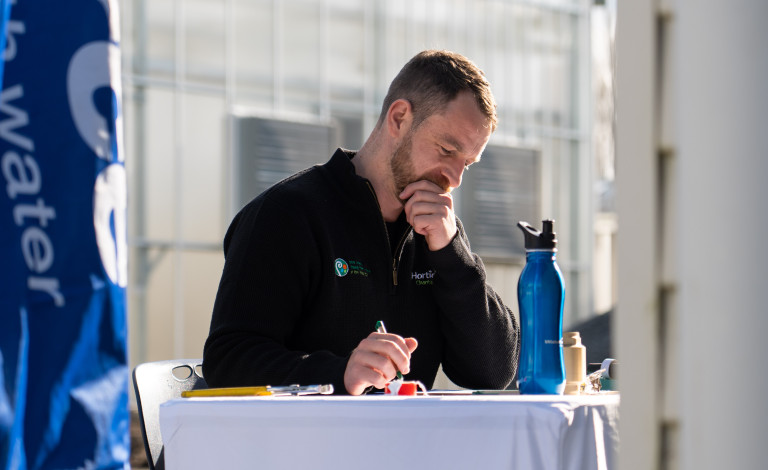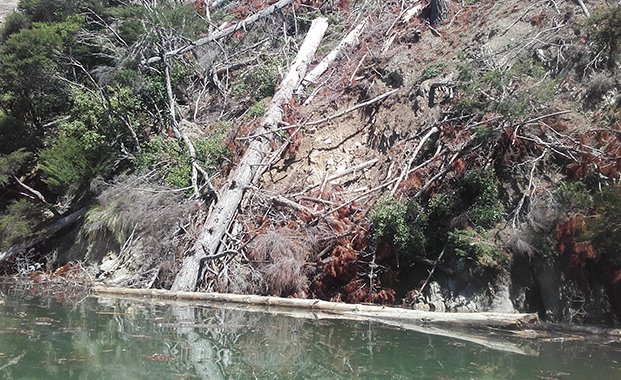Critical climate choices for orchardists in wake of Cyclone Gabrielle
28 February 2023 | News
On The Conversation, Lincoln University Professor of Applied Economics, Anita Wreford, discusses the critical climate choices faced by orchardists in the wake of Cyclone Gabrielle.
Hawke’s Bay, one of New Zealand’s most productive regions and the hub of the fruit-growing sector, is also among the areas worst hit by Cyclone Gabrielle and ongoing rain.
Professor Wreford, who specialises in adaptation to climate change with a particular focus on agriculture and the primary sector, says it’s clear the impacts will be severe, with recent media coverage suggesting the horticulture industry could take 50 to 100 years to fully recover.
“But during that time, we know there will be more extreme weather events.
“Beyond the immediate clean-up, some fruit growers may need to consider whether this is a ‘window’ for changing the type of crop or system,” she says.
According to Prof Wreford, given the significant investment and long life of fruit trees, there is a more strategic question to be asked about replanting the same crops in the same areas.
“We’ll need to tackle adaptation to climate change at all levels to ensure horticulture can continue to thrive in Hawke’s Bay,” she says. “Growers may reconsider the types of crops planted, where they are grown or the way they are grown.
“We must also consider the role of stop banks. They allow the development of land in potentially flood-prone areas, which may lead to a false sense of security and greater damage if they are inadequate for projected water volumes.”
Prof Wreford also points to increasing interest in returning riparian areas to their natural state to buffer against flooding, while also generating ecological benefits.
“But when the land protected by stop banks is as valuable as it is in Hawke’s Bay, this will be a challenging conversation,” she says.
“With the increasingly disruptive weather Aotearoa New Zealand is already facing, and the changes expected over the next decades, it is crucial the decisions we make today do not make us more vulnerable in the future.”
Read the full article at The Conversation.


